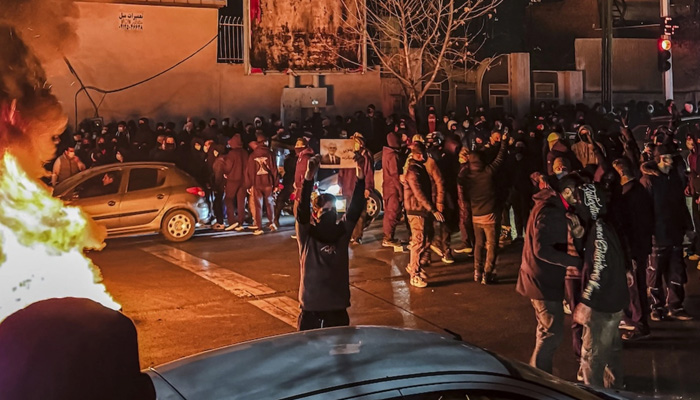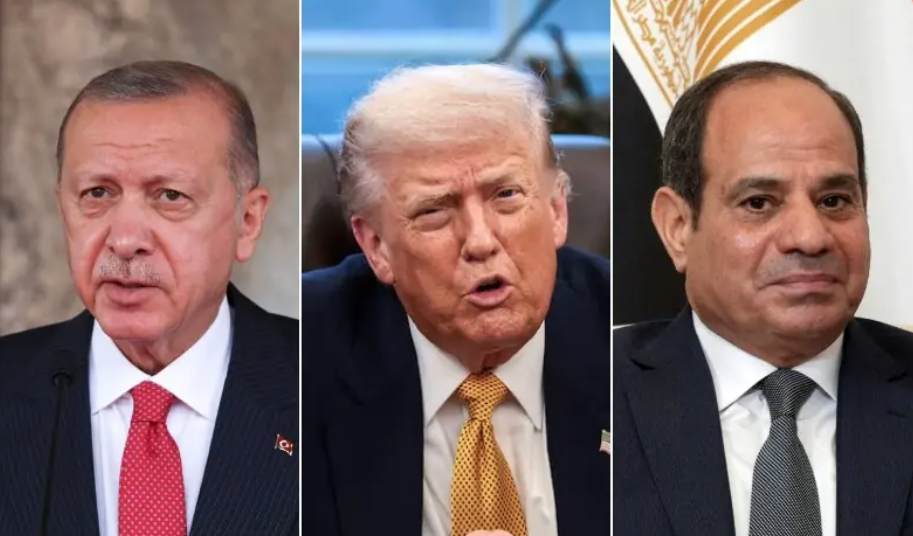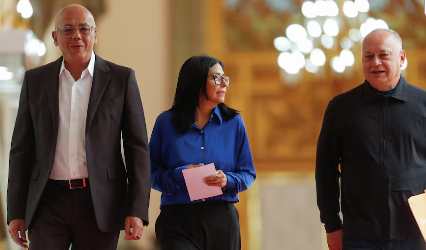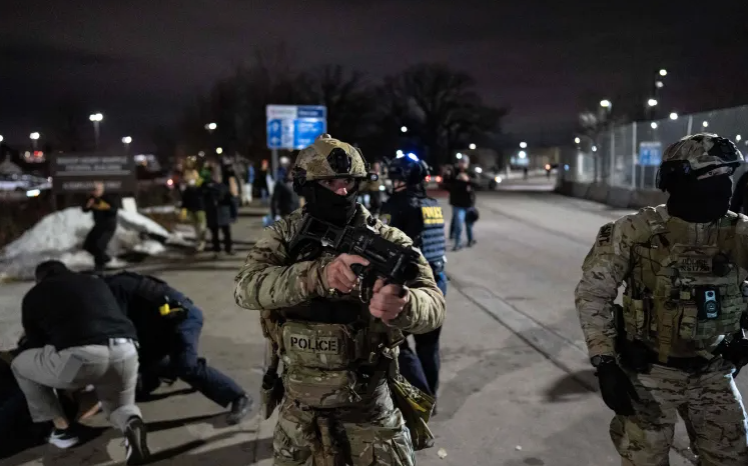WORLD NEWS
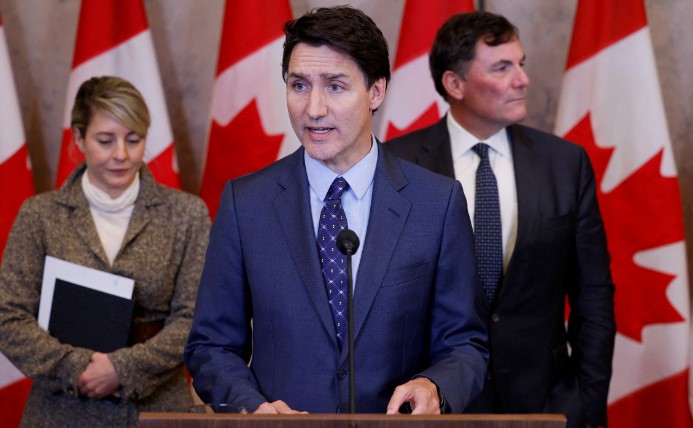
Canada has expelled six Indian diplomats, including the high commissioner, alleging their involvement in the murder of Sikh separatist leader Hardeep Singh Nijjar. This move follows Prime Minister Justin Trudeau's claims of "clear and compelling evidence" linking Indian agents to Nijjar's assassination, raising concerns about the safety of Indian dissidents in Canada.
Diplomatic Fallout
The expulsion comes after Trudeau revealed in a press conference that the Indian government had engaged in activities posing a serious threat to public safety, including clandestine information gathering and violent acts against South Asian Canadians. Trudeau described these actions as "unacceptable," stating that India had committed a fundamental error by conducting criminal activities on Canadian soil.
In response, India retaliated by expelling six high-ranking Canadian diplomats, including the acting high commissioner, and announced the withdrawal of its envoy from Canada. India's foreign ministry expressed a lack of confidence in the Canadian government's ability to ensure the safety of its diplomatic staff, declaring, "We have no faith in the current Canadian Government's commitment to ensure their security."
Allegations of Organized Crime
The Royal Canadian Mounted Police (RCMP) supported Trudeau's claims, asserting that India had orchestrated a broad campaign against Indian dissidents, involving organized crime and violent acts, including homicides and extortion. Brigitte Gauvin, assistant commissioner of the RCMP, noted that criminal elements, particularly the "Bishnoi group," had been implicated in these activities, allegedly linked to Indian government agents.
Lawrence Bishnoi, identified as the head of the organized crime syndicate, is currently imprisoned in India awaiting trial on terrorism charges. Bishnoi's lawyer stated that the allegations from Canada would be investigated thoroughly.
Diplomatic Efforts and Tensions
Canada's Foreign Minister, Melanie Joly, emphasized that the decision to expel the Indian diplomats came after careful consideration and was based on substantial evidence gathered by the RCMP. The Canadian government had previously requested India to lift the diplomatic immunity of these individuals to facilitate questioning regarding their alleged criminal activities, but India did not comply.
“We're not seeking diplomatic confrontation with India,” Joly remarked. “But we will not sit quietly as agents of any country are linked to efforts to threaten, harass, or even kill Canadians.”
The diplomatic rupture marks a stark decline in relations that have already been strained since Trudeau first revealed the allegations against Indian agents. Analysts suggest that the current situation represents a significant break in Canada-India relations, with no immediate resolution in sight.
Broader Implications
This diplomatic crisis occurs against a backdrop of heightened tensions between India and its diaspora in Canada, where the Sikh population is the largest outside Punjab. Canada's government has faced increasing pressure to address concerns regarding the safety and rights of Indian dissidents.
Additionally, the U.S. has previously accused Indian agents of involvement in an assassination plot against another Sikh separatist leader in New York, further complicating the geopolitical dynamics involving India, Canada, and the United States.
As the situation unfolds, both nations are grappling with the implications of their strained ties, which could have far-reaching consequences in an era of increasing geopolitical rivalry, particularly with China's rising influence in the region.

